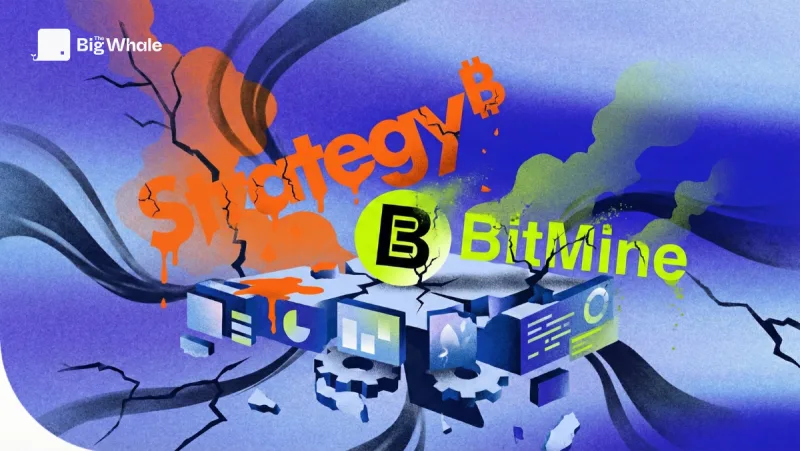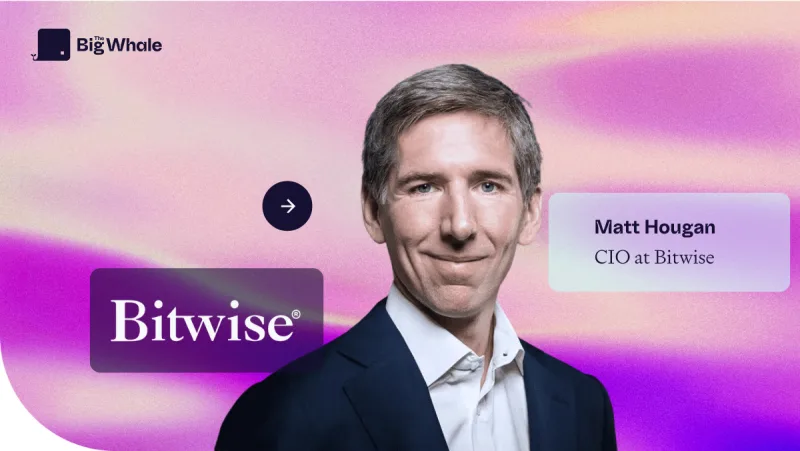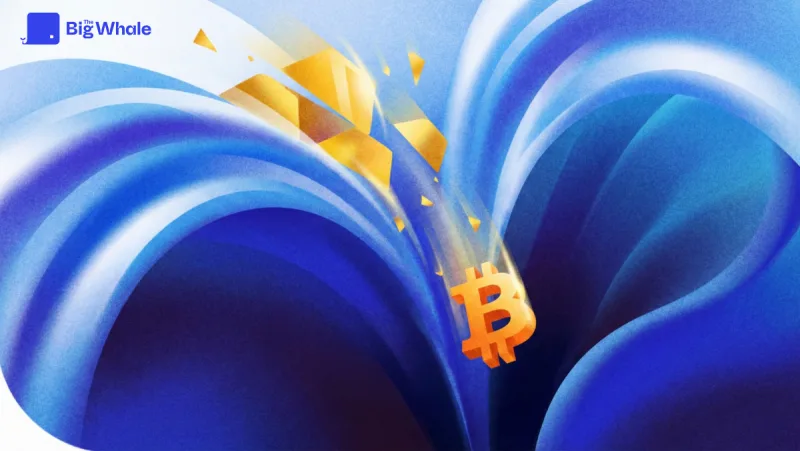TBW - Tokenization takes the stock market by storm

The boundary between traditional finance and blockchain just got a little more blurred. In Cannes at the major Ethereum conference (EthCC), Robinhood unveiled a project that aims to radically transform the way shares are bought and held. The Californian group, known for democratising commission-free trading, is now taking the next step: the tokenisation of financial securities.
The idea is simple: take traditional shares, such as Apple, Nvidia or Tesla, and convert them into tokens registered on a blockchain. In practical terms, investors will be able to acquire these shares 24 hours a day (and 5 days a week). But above all: by the end of the year they will be able to transfer them into their own wallet as if they were stablecoin, or use them as collateral to borrow.
"This is a truly revolutionary approach that will shake up the entire brokerage sector," explains Johann Kerbat, in charge of crypto strategy at Robinhood, in an exclusive interview with The Big Whale.
This vision breaks with the traditional way of operating, where investors are prisoners of their broker and sometimes archaic processes.
Robinhood claims to have designed everything in-house, from the tokenisation engine to the auditing of smart contracts, with an initial launch on Arbitrum before the deployment of a proprietary Layer 2 that will arrive later in 2025.
The choice of blockchain infrastructure is not trivial. In the United States, as in Europe, transferring shares from one intermediary to another remains a journey fraught with pitfalls, where delays can stretch to several weeks and processing errors are common. With this new architecture, Robinhood promises that a transfer will take a matter of seconds, with no loss of information.
The platform is announcing the immediate launch of around 200 tokenised shares, with the aim of offering several thousand by the end of the year, possibly including European and Asian shares.
Beyond simple ownership, the entire market mechanism will be reconfigured.
The tokens will be accessible at any time, regardless of stock market hours. They will be able to circulate between platforms, be split up, or be integrated into decentralised finance services (DeFi). Robinhood explains that it has built this system under a MiFID licence obtained in Lithuania and passed throughout the European Union, a framework that will make it possible to meet local regulatory requirements.
>> The DeFi revolution is gradually being integrated into fintechs
The announcement comes as other players, such as Kraken, are also positioning themselves in the tokenised shares niche. Kraken has chosen to work with Backed Finance (via its xStocks service) to offer US equities in the form of tokens, also accessible from personal wallets and interoperable with decentralised finance on Solana. For its part, Gemini is relying on Dinari, a US-registered broker.
Robinhood, for its part, is betting on a 100% in-house solution, believing that complete mastery of the technology is the prerequisite for integrating the specific features of the equity markets, such as splits or dividends.
The company has a clear ambition: to make the equity market as simple and fluid as buying stablecoins, by removing time barriers, multiple fees and custody constraints. In line with this, it also plans to eventually allow these securities to be used as collateral for loans, or to be integrated into perpetual contracts launched on its platform.
Now it remains to be seen whether adoption will follow.
In 2018, Robinhood had already surprised by launching into cryptocurrency trading. Seven years on, crypto accounts for almost 30% of its revenue. By migrating shares onto the blockchain, the company is betting that it can replicate this seesaw movement. It is thus ushering in a decisive stage: one in which financial securities, once confined to the closed systems of traditional finance, become digital, liquid and programmable assets.
>> Tokenisation Barometer 2025: The Transformation of Financial Markets



